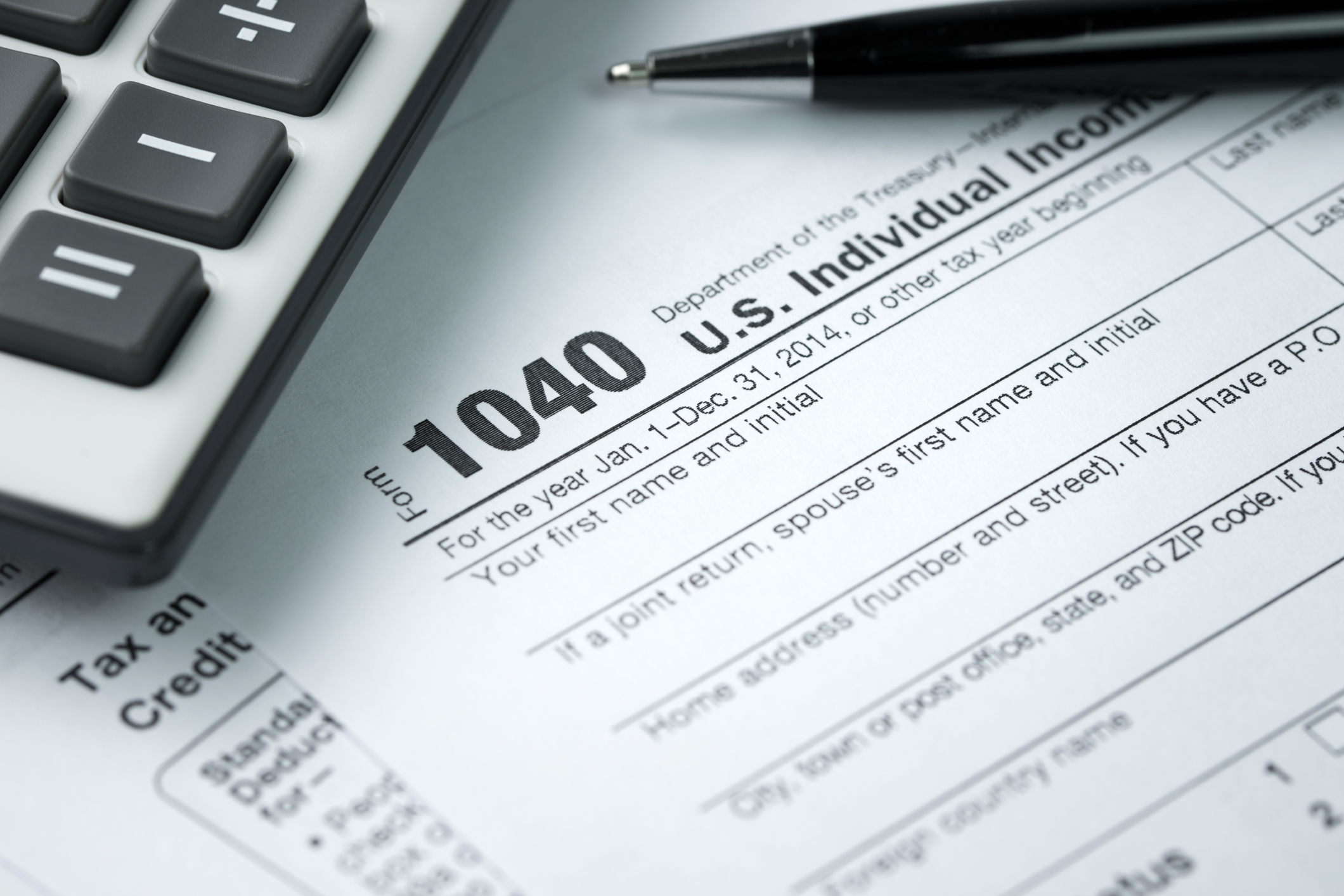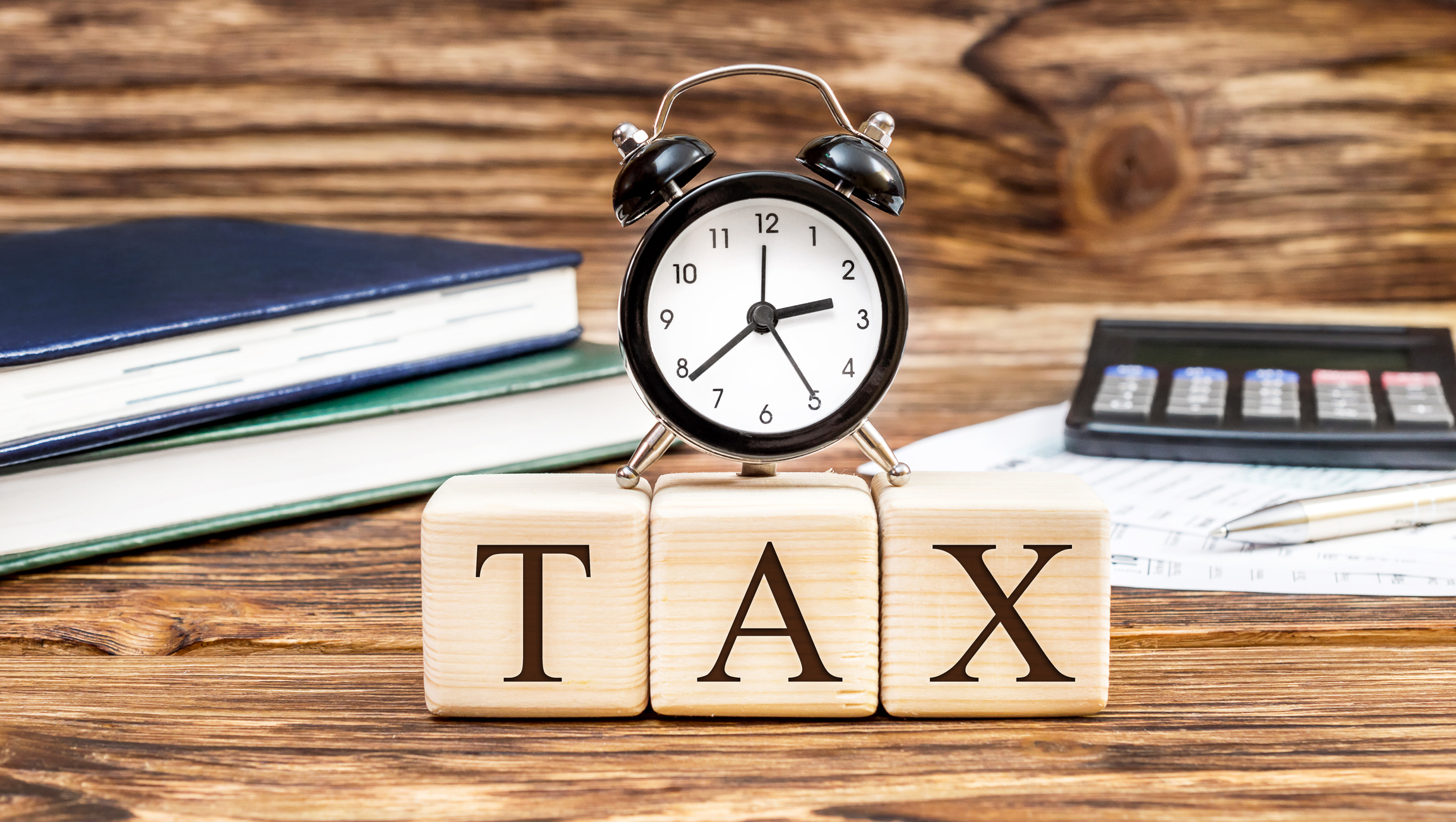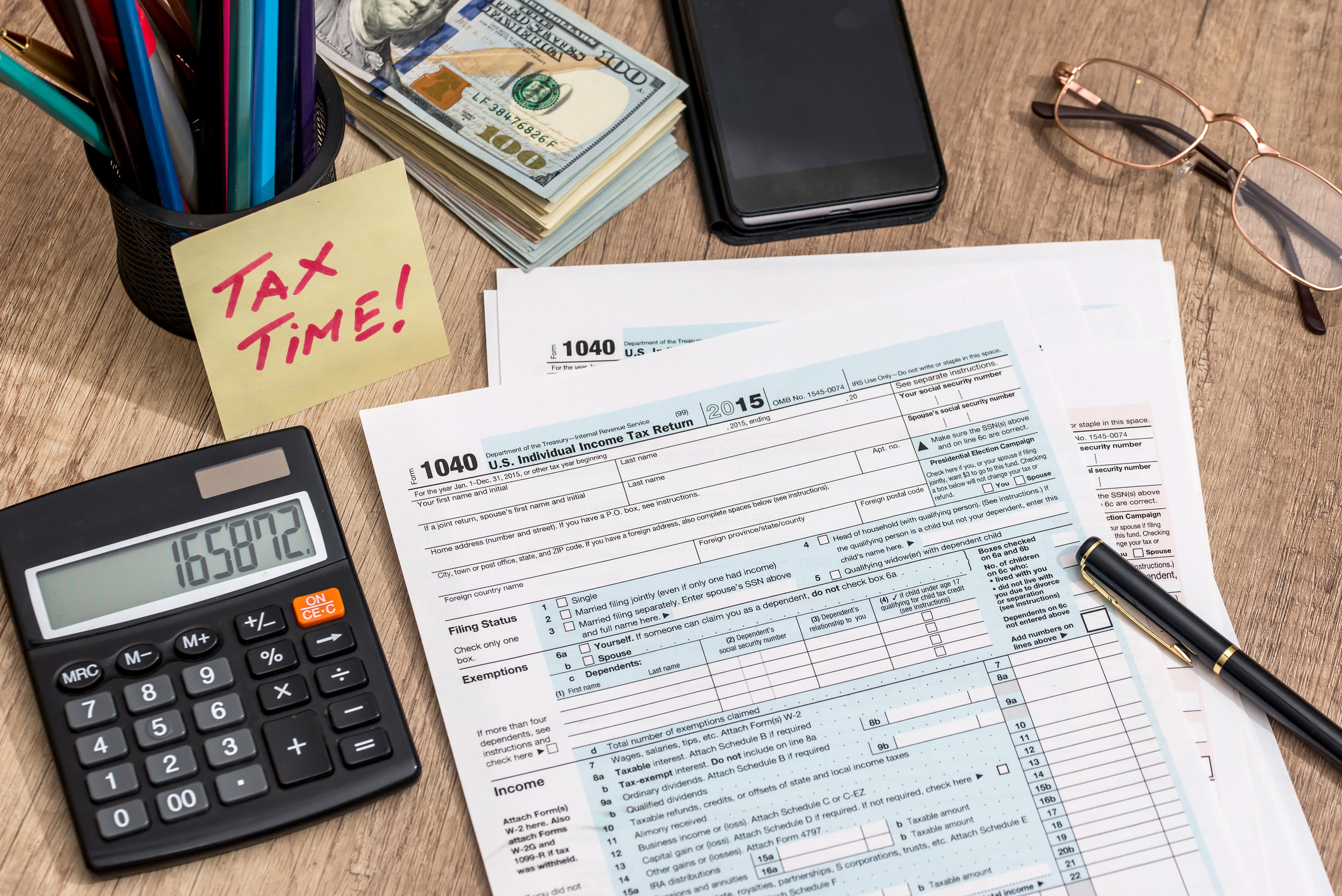If you need fast cash, you may be tempted to take out a title loan. A title loan is a short-term loan for which you pledge the title to an asset -- typically a car or another type of motor vehicle -- as collateral. The loans typically come with exorbitant fees, and if you don’t repay the balance, you’ll lose your car. Read on to learn how a car title loan works.

What is a title loan?
A title loan is a type of secured loan for which the equity in your motor vehicle serves as collateral. Lenders typically require you to hand over the title to your car to obtain a title loan, just as the name implies. Many lenders will require a clear title to the vehicle -- meaning you don’t owe money on it -- but some will allow you to borrow against the title if you have significant equity. Sometimes you’ll even need to provide an additional car key or allow the lender to place a GPS tracking device in the vehicle.
Title loan companies typically allow you to borrow 25% to 50% of the vehicle’s value. Borrowers usually have 15 to 30 days to repay the loan.
Car title loans charge an average monthly fee of around 25%. That adds up to an annual percentage rate (APR) of 300%, making a car title loan one of the most expensive means of borrowing money -- on par with a payday loan.
The loan payment is typically due in a lump sum. If you can’t repay the title loan when it’s due, you may be allowed to roll it over into another loan. But doing so will add even more interest and fees to your loan balance. Missing just one payment can result in your vehicle being repossessed.
Repossession is a big risk for borrowers. A 2015 study by Pew Charitable Trusts found that between 6% and 11% of title loan borrowers have their cars repossessed each year. According to the same study, a typical lump-sum payment amounts to 50% of the average borrower’s gross monthly income, making title loan payments drastically unaffordable for most borrowers.
Due to the risks of car title loans, more than half of states ban car title loans outright or have stringent rules for lenders. For example, some states cap APRs or don’t allow borrowers to renew or roll over their loans.
Alternatives to a car title loan
Borrowers often turn to car title loans because they can’t qualify for a regular credit card or loan. Most title loans don’t require a credit check or report your loan to the credit bureaus. (The latter can have a downside since if you pay the loan as agreed, it won’t boost your credit score.) If using a regular credit card or obtaining a loan or cash advance instead of taking a car title loan is possible, doing so will almost always be less expensive and risky. However, if traditional credit isn’t an option, consider these car title loan alternatives:
- Seek a small-dollar loan from a major bank. Six of the eight major banks -- Bank of America, Huntington Bank, Regions Bank, Truist, U.S. Bank, and Wells Fargo -- now offer small-dollar loans ranging from $500 to $1,000 to customers with low credit scores or no credit score at all, according to Pew Charitable Trusts. The loans allow borrowers to repay them in three equal installments. Borrowing $1,000 over three months would typically cost $60 or less, compared to $750 for a typical car title loan.
- Get a payday alternative loan. If you’ve been a credit union member for at least a month, you may be able to take out a payday alternative loan. Loan amounts range from $200 to $1,000. Loan terms range from one to six months.
- Ask a family member or friend to cosign. If you can’t qualify for credit on your own, you can ask a family member or friend to cosign a traditional loan for you. Just make sure you can afford to repay the loan, or you’ll put their credit at risk. Alternatively, you could ask to borrow from that person directly.
Related investing topics
Example of a car title loan
Suppose you’re hit with an unexpected expense, and you need $1,000 this week to make rent and avoid having your electricity shut off. You own your vehicle outright, and it’s valued at $4,000. So you surrender the title to a lender and borrow $1,000, or 25% of the car’s value. You’re charged a 25% monthly finance fee, which means that when the loan comes due in 30 days, you’ll owe $1,250, not $1,000.
At the end of 30 days, you can’t afford to repay the loan, so you roll it over. You now owe $1,500. Rolling over the loan brings your cost of borrowing $1,000 for 60 days to $500.
Now imagine you miss a payment. Your lender can repossess the vehicle and then sell it. Depending on your state’s law, the lender may be able to keep the entire sale amount, even if it’s more than you owe. In our example, if the lender can fetch the full $4,000 value of your car, it may be able to keep the entire $4,000, even though you owe only $1,500.


















